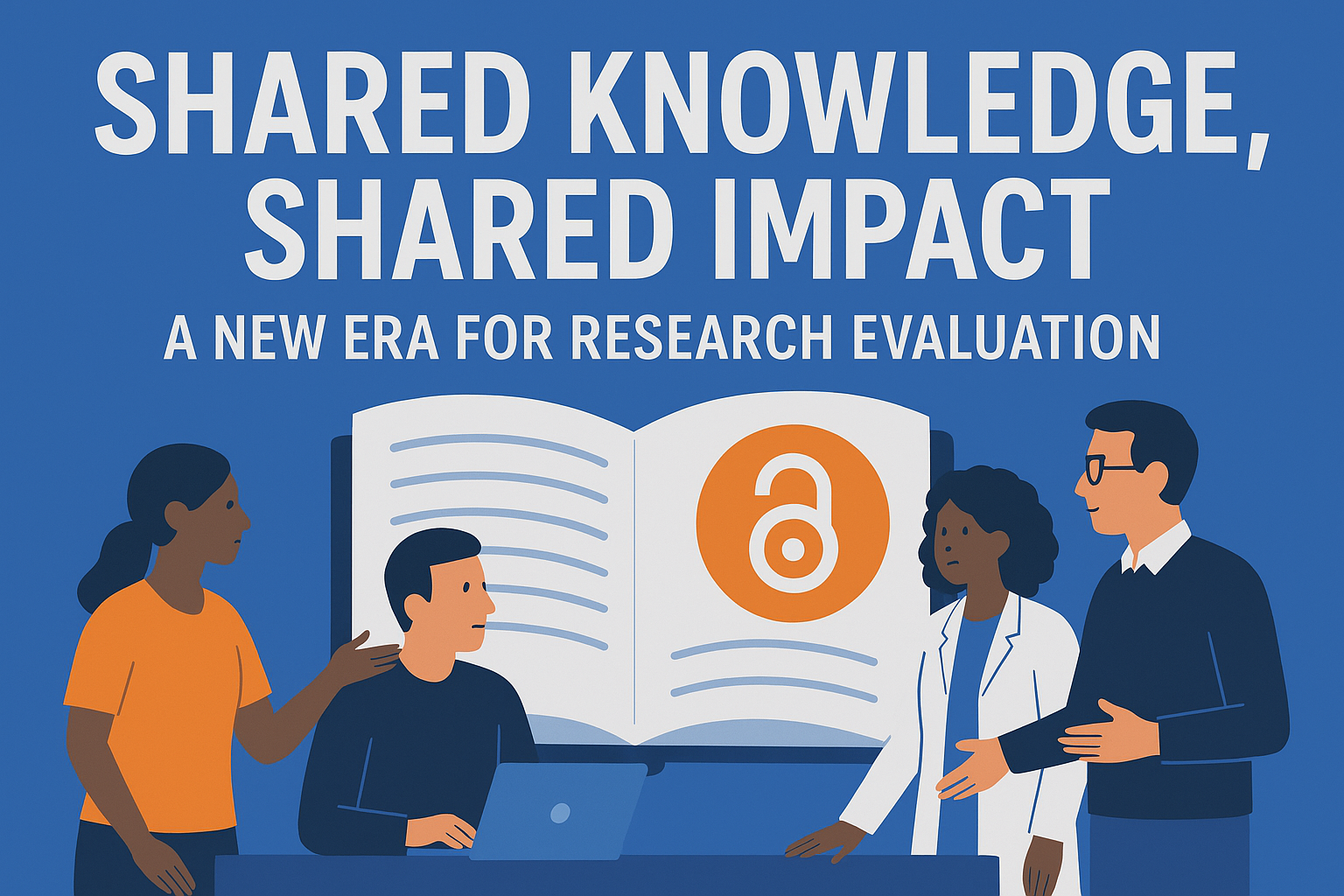How to create global impact through SDG-related research: A beginner’s guide

“Some people just want to watch the world burn.” This iconic line delivered by Sir Michael Caine as Alfred in the movie “The Dark Knight” has probably resonated with many of those who have watched it. The key word in the line is “some,” because most of us actually want to make the world a better place. The United Nations, the product of the humanitarian nature of the world, attempted to address various global concerns after the Millennium Summit in 2000 as the Millennium Development Goals (MDGs).
The upgraded version, The Sustainable Development Goals (SDGs) are a collection of 17 global goals set by the United Nations General Assembly in 2015 as part of the 2030 Agenda for Sustainable Development. They build upon the success of the MDGs and aim to address various social, economic, and environmental challenges facing the world.
Numerous concerns are covered by these objectives, such as environmental degradation, poverty, inequality, climate change, peace, and justice. By addressing these interconnected challenges, the SDGs offer a framework for nations, organizations, and individuals to collaborate in the direction of a more equitable and sustainable future.
Each goal has specific targets to achieve until 2030, with the ultimate aim of eradicating poverty, protecting the planet, and ensuring prosperity for all. The goals are connected given that advancement in one field often affects advancement in another. To achieve these targets by 2030, cooperation between governments, corporations, civil society organizations, and individuals is important.
SDG research refers to academic, scientific, or investigative work aimed at understanding, analyzing, and finding solutions to the challenges outlined in the SDGs. This research spans various disciplines, including but not limited to economics, sociology, environmental science, public health, engineering, and policy studies.
Researchers working on SDGs might focus on specific goals or interdisciplinary approaches that cut across multiple goals, recognizing the interconnectedness of various sustainable development challenges. They often collaborate with diverse stakeholders, engage local communities, and use a combination of qualitative and quantitative methods to gather data and derive insights.
If you want to be involved in SDG research, these are the things you might want to consider:
- Familiarity with the SDGs: Gain a comprehensive understanding of all 17 Sustainable Development Goals, their interlinkages, targets, and indicators. Recognize their global significance and how they apply to diverse local contexts.
- Interdisciplinary Approach: Embrace interdisciplinary methods and collaboration as SDGs deal with complex, interconnected issues. Using ideas from various disciplines can offer better and more comprehensive solutions.
- Local Context: Recognize the importance of local contexts and the need for culturally sensitive, context-specific solutions. Engage with communities and stakeholders to understand their unique challenges and perspectives and design your research accordingly.
- Data and Measurement: Since reliable data are crucial for monitoring progress and making informed decisions, familiarize yourself with the techniques for data collection, analysis, and monitoring that are pertinent to the SDGs.
- Policy Implications: Learn about the policy implications of your research. Understand how findings can influence policymaking at local, national, and international levels to drive positive change.
- Partnerships and Collaboration: Collaborate with various stakeholders, including governments, NGOs, businesses, academia, and local communities. Partnerships amplify impact and facilitate the implementation of research findings.
- Innovation and Technology: Explore innovative technologies and methodologies that can contribute to achieving the SDGs. This could involve sustainable practices, renewable energy, digital solutions, etc.
- Equality and Inclusivity: Ensure that your research addresses the principle of leaving no one behind by designing your approaches and proposed solutions to be socially inclusive and especially considering different marginalized groups.
- Communicating Impact: Develop skills in effectively communicating research findings to diverse audiences, including fellow researchers, policymakers, communities whom the research is relevant to, and the general public.
- Long-Term Sustainability: Aim for sustainable solutions that have a lasting impact beyond short-term fixes.
By considering these aspects, your work in SDG research can be more comprehensive, impactful, and aligned with the overarching goal of creating a more sustainable and equitable world.
Need further help?
There are various resources available for someone interested in conducting SDG research. Here are some suggestions:
- United Nations SDG Knowledge Platform: The official UN platform provides information on each goal, targets, indicators, progress reports, and related events.
- Academic Journals and Publications: Look for academic journals specializing in sustainable development, global policy, environmental studies, social sciences, and related fields. Identify journals whose aims and scope focus on SDG-related research.
- Online Courses and MOOCs: Platforms like Coursera, edX, and FutureLearn offer courses on sustainable development, specific SDGs, data analysis, and related topics.
- Databases and Repositories: Institutions like the World Bank, United Nations Development Programme, International Institute for Sustainable Development, and many others publish reports, data, and research related to the SDGs.
- Toolkits and Guides: Many organizations and institutions develop toolkits and guides for conducting research aligned with the SDGs. Look for resources provided by UN agencies, NGOs, and academic institutions.
- Conferences and Workshops: Attend conferences, workshops, and seminars related to sustainable development. These events provide opportunities to learn, network, and collaborate with experts in the field.
- Government Publications: National governments often publish reports, policies, and data related to their efforts in achieving the SDGs. Check government websites or national statistical offices for relevant information.
- Library Resources and Academic Search Engines: Utilize university libraries or online databases like PubMed, JSTOR, and Google Scholar to access research papers, articles, and books related to sustainable development. Set up keyword alerts for SDG research that’s relevant to you.
- Networking and Collaboration: Engage with researchers, practitioners, and organizations working on SDGs through social media, professional networks like LinkedIn, or by joining relevant groups and forums.
These resources offer a wealth of information, data, and guidance for conducting research aligned with the Sustainable Development Goals, providing a solid foundation for your endeavors.





